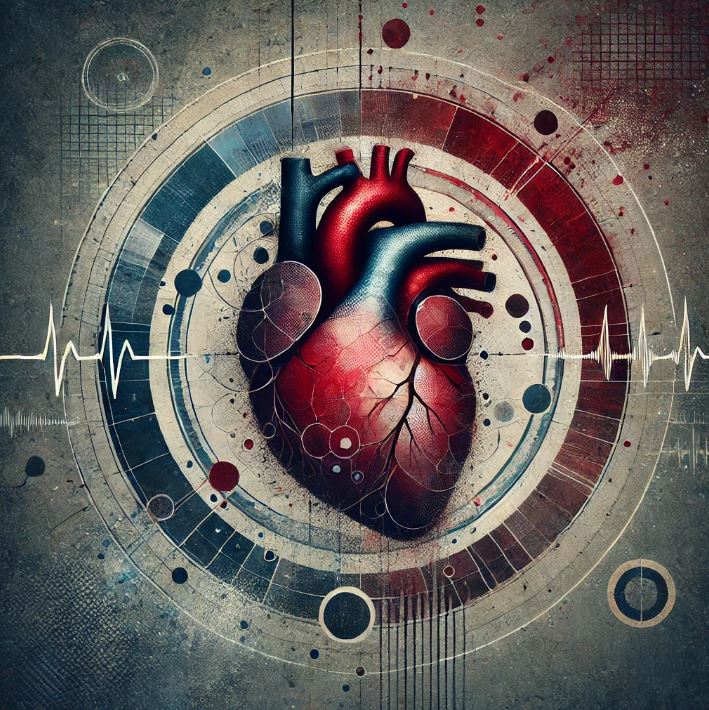What is Chemotherapy for Prostate Cancer?
Chemotherapy for prostate cancer uses powerful anti-cancer drugs to target and kill cancer cells throughout the body. While it doesn't cure prostate cancer, it significantly shrinks tumours, slows their growth, and helps manage symptoms, potentially extending life.
Who Benefits from Chemotherapy for Prostate Cancer?
Chemotherapy is typically reserved for men with advanced prostate cancer, meaning the cancer has spread beyond the prostate. It's often offered in two primary scenarios:
- First-Line Treatment: When combined with hormone therapy for newly diagnosed advanced prostate cancer, it helps many men live longer and delay symptoms like pain.
- Second-Line Treatment: If the cancer no longer responds to hormone therapy, chemotherapy can still provide benefits, extending life and improving symptom management.
For localised prostate cancer, chemotherapy is generally not used as other treatments are more effective. However, it may be considered for rare types or high-risk cases.
Advantages and Disadvantages of Chemotherapy for Prostate Cancer
Advantages:
- Tumor Reduction: Chemotherapy can shrink cancer or slow its growth, extending life.
- Symptom Management: It can improve or delay symptoms, enhancing daily quality of life.
- Outpatient Treatment: Most chemotherapy treatments are outpatient, avoiding overnight hospital stays.
- Regular Monitoring: Frequent check-ups and tests provide reassurance.
Disadvantages:
- Frequent Hospital Visits: Regular hospital visits are necessary.
- Varied Effectiveness: Chemotherapy's effectiveness varies, and it may not work well for everyone.
- Side Effects: Side effects can be challenging, though they can often be managed.
- Visible Side Effects: Hair loss and other visible side effects can be difficult, especially if others are unaware of the diagnosis.
- Serious Side Effects: Though rare, serious side effects like infections can be life-threatening.
What Does Chemotherapy Treatment Involve?
When opting for chemotherapy, you'll collaborate with an oncologist and a chemotherapy nurse to create a treatment plan that includes:
- Chemotherapy Drugs: Specific drugs like docetaxel and cabazitaxel.
- Treatment Schedule: Typically every three weeks.
- Necessary Tests: Blood tests and other evaluations before, during, and after treatment.
During Treatment:
- Chemotherapy is administered via a drip (intravenous infusion) into a vein, usually lasting about an hour.
- Docetaxel and cabazitaxel are common drugs used, both containing alcohol. Inform your doctor if alcohol is an issue.
How are Side Effects managed?
- Medications like steroids, anti-sickness drugs, antibiotics, and GCSF may be prescribed to manage side effects.
- Common side effects include infections, fatigue, nausea, loss of appetite, sore mouth, bowel problems, hair loss, skin sensitivity, fluid retention, numbness in hands and feet, changes to nails, watery eyes, and mood changes.
What are the options if post-Chemotherapy Care prostate cancer recurs?
- Additional Chemotherapy: Using different drugs.
- Hormone Therapies: Anti-androgens, newer hormone therapies like abiraterone and enzalutamide.
- Clinical Trials: Offering access to new treatments.
- Symptom Management: Treatments focusing on symptom relief.


